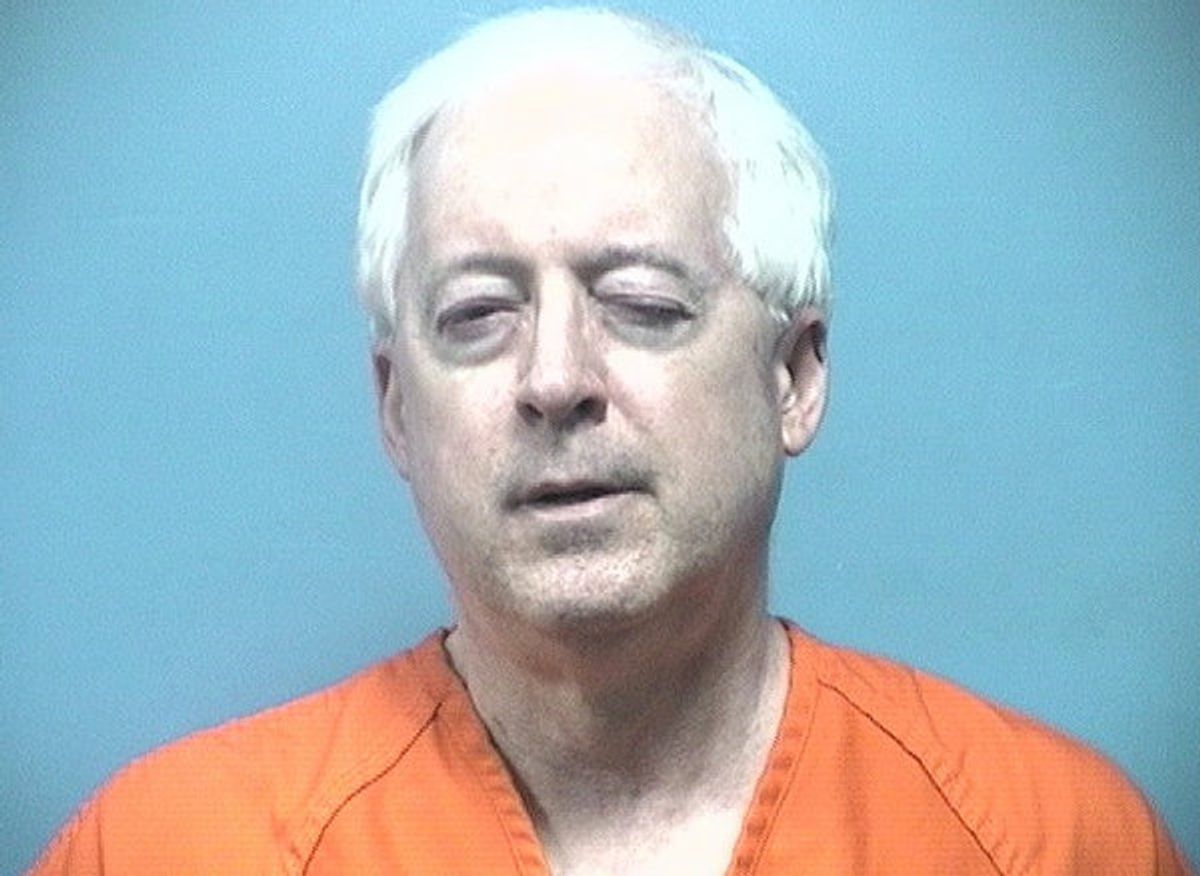The Committee to Protect Journalists (CPJ) maintains a list of jailed news workers around the world. Only one name is listed in the Western Hemisphere: Roger Shuler -- a blogger jailed indefinitely in the United States.
Shuler, a blogger whose writing about Alabama lawmakers and judicial power players has regularly invited defamation claims, was arrested in October on a contempt charge relating to a defamation suit filed by the son of a former Alabama governor. Shuler's arrest and detention is an abrogation of First Amendment protections.
First, the contempt charge for which the blogger was imprisoned pertains to his refusal to follow an overly broad injunction (an order that itself pushed the boundaries of constitutional law). Shuler had been writing unfounded posts claiming that Robert Riley Jr., son of the former governor, had impregnated a lobbyist and secretly paid for an abortion. The lobbyist wrote a sworn affidavit stating she'd never even been in the same room as Riley.
Yet a judge's ruling that Shuler cease publishing "defamatory" material about Riley and the lobbyist, as well as remove all previous posts -- as the New York Times reported -- "struck some lawyers as far too broad, and Mr. Shuler says he did not even know about it." Shuler did not appear at a number of hearings. He then refused to follow a second court order to remove the Riley material from his blog. He was detained by police for contempt and resisting arrest in October and has sat in jail ever since.
As the Times notes, "Shuler remains in jail, unwilling to take down his posts but also unwilling to hire a lawyer and contest his incarceration in the state courts." So, indeed, while the blogger is not helping himself, the removal of defamatory blog posts should certainly not be a condition for attaining freedom -- least of all in a country where the protection of free speech is constitutionally inscribed.



Shares